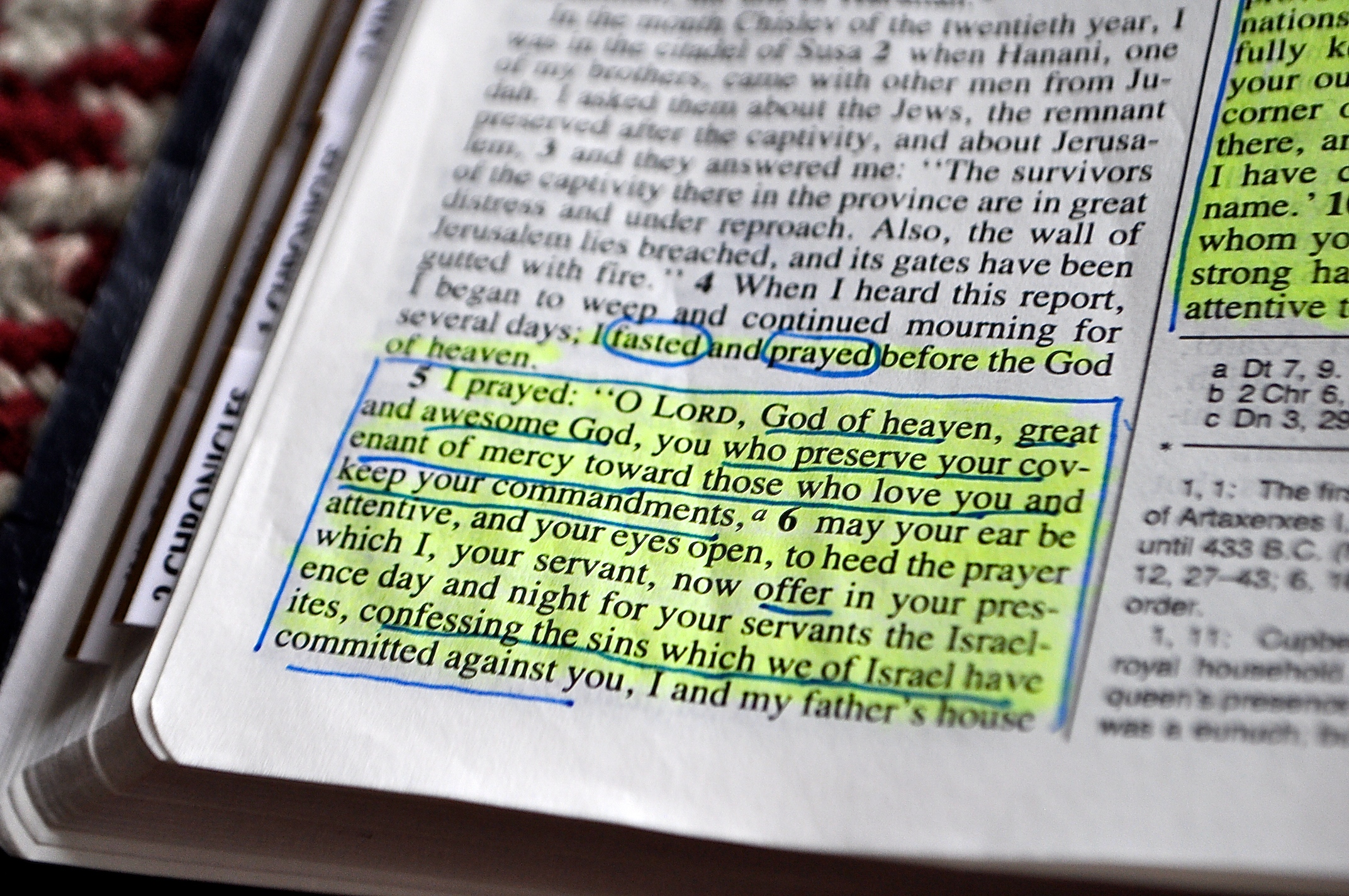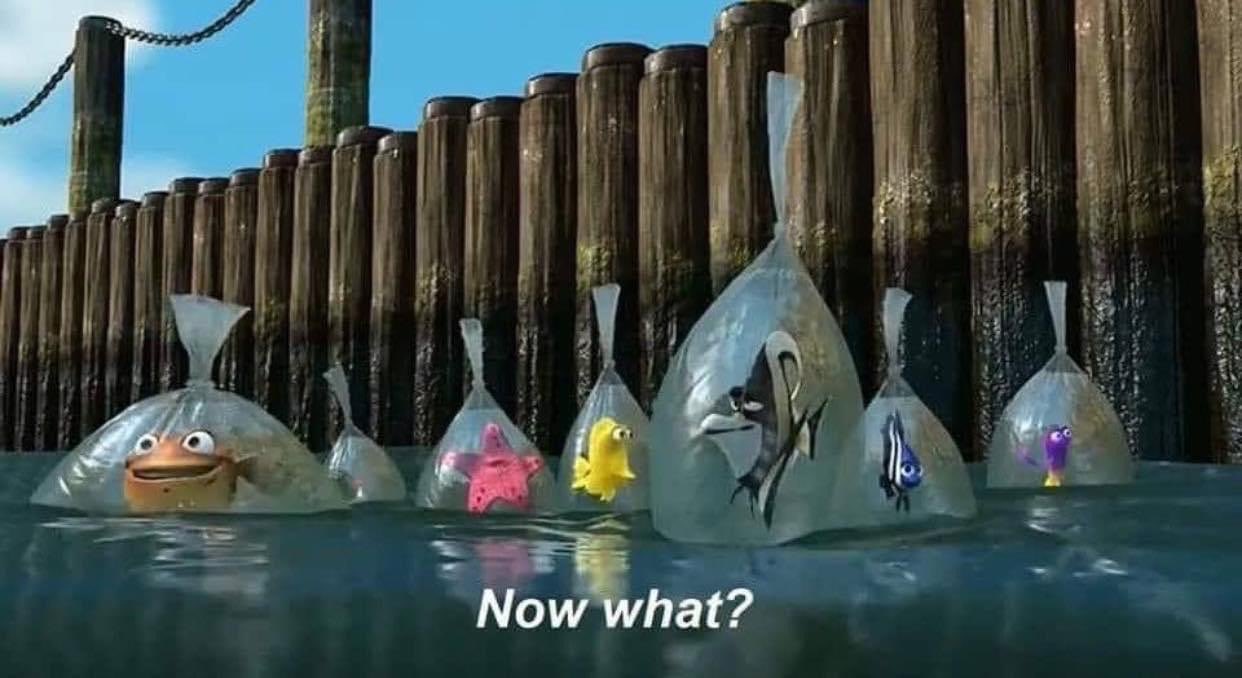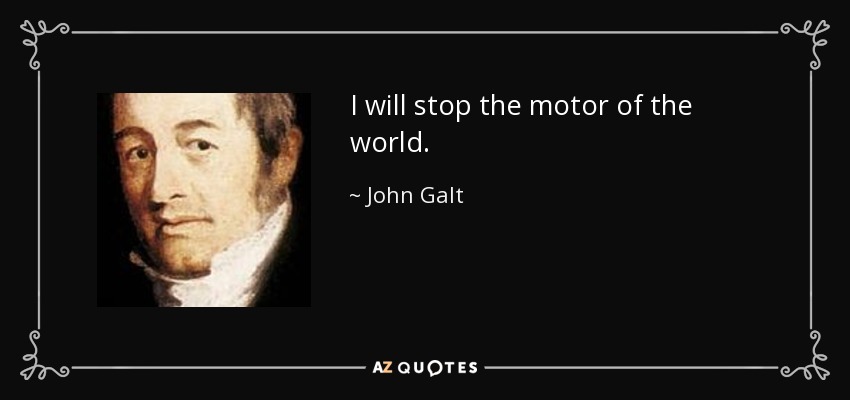As I mentioned on Sunday, when you want to pay extra special attention to something in a text, you can highlight it. But I don't think I went into enough depth on that one to really help it to walk on its own. That is, talking about the highlighter aspect is good ,but it doesn't give enough credit to the rest of the text.
There's a danger in thinking about highlighting or underlining text as trying to say that some parts of that text are more important than others, and then that leads to you saying about the text that either it should all be highlighted, or none of the rest of it is important. This is a sort of readers digest condensed books thing, where you can think about the book as mostly fluff, or straw, and only certain passages as relevant. But that's not really how texts work, not really.
If you're reading a book, and a passage jumps out at you, and you underline it, that isn't the only passage in the book that is worth reading. There's a whole book surrounding that passage, you know. But usually that passage is what permits you to understand the rest of the very important text. When you read, you're not trying to sift through 200 pages just to get to the one sentence that can be clipped in isolation, and is still relevant. You're looking for the part of the text that unlocks the rest.
We're in a bit of a soundbite culture, where moments are clipped and presented to the world as though they were sufficient in and of themselves, when they're really not. Context matters. Part of the problem is that we now have access to content that is clipped short for our convenience, and you can see just a moment, a glimpse of a larger picture and can assume that you've seen the best of it. But we are a species that craves stories, and longer stories than we give ourselves credit for. Often, it's too easy to want to watch only a scene of a film, or read a quote from a book, or a clip from a TV show, and assume that that's good enough, when it really isn't. It's not enough for us to see a second of something because the moment in that text depends on the context in which it resides.
Sure, you can see the best ten minutes of a movie clipped for your convenience, but without knowing who those characters are, what brought them to that moment, the storytelling that make you care about that scene, then it doesn't really matter how amazing the action is.
But. If you're clipping a scene from a movie that you've seen before, or a moment from a show, or a quote from a book, you're unlocking that entire text for yourself. One quote of dynamic importance can be enough to hold an entire text if it's a text you're familiar with. A few words, a minute of film, whatever it is, if you've read or seen it before, that moment that can be underlined can bring the entire text rushing back. And that's the merit of clipping and underlining. Not as a substitute for reading the whole thing, but as a quick way to refresh and revisit it. Because that passage unlocks the rest of the text.
So, if you're looking at the highlighting of Christ in the passage of Transfiguration, it doesn't mean that Jesus is the only one you should listen to. That's the mistake that Thomas Jefferson made, to try to excise the words of Jesus and to abandon the rest. The words of Christ unlock everything else. If you want the ten commandments to make sense, then they have to be run through the lens of Christ, who tells you that the commandments aren't just about how thou shalt not do the thing, but how thou shalt watch thine thoughts and words too. Jesus takes the steadfastness of Elijah and reminds you that the God you worship isn't far off, and isn't asleep. He provides for your needs and feeds and cares for you. He provides you with strength for the days ahead.
Once you have a solid understanding of who Jesus is, then you can look at the rest of those passages and really get a better idea of what they're about. Or, to paraphrase C. S. Lewis: "I believe in Jesus like I believe in the sun. Not because I see it, but through it I see everything else." You'll find in Christ a common solution to perennial problems - to work through the difficulty of an obtuse, difficult to find God, by finding in him the answer to the question 'what would God want us to know, if he could just tell us.' Well, he did. And when he did, everything else becomes clear.



.jpg/1280px-Salome_with_the_Head_of_John_the_Baptist-Caravaggio_(1610).jpg)



